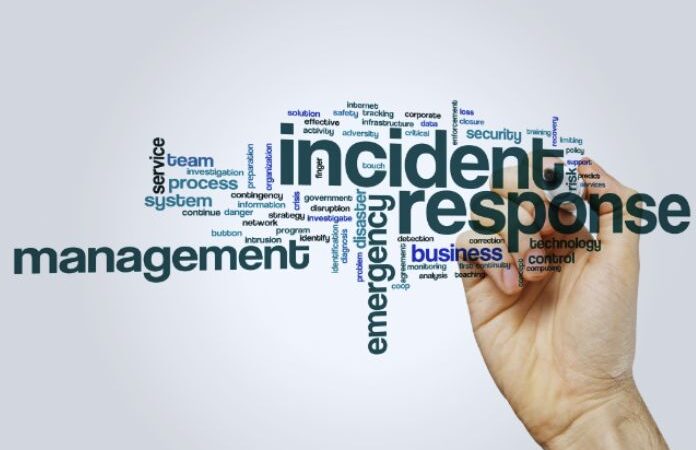Why Do Startups Fail? 12 Reasons To Keep In Mind

We love reading the super interesting stories of successful startups flying like rockets and raising money as if they were covered in super magnets that magically attract money from everywhere. But for many startups that make it, many close their doors instead. Here because. Startups fail, we know. The reality is that successful cases regarding startups are just the tip of the great iceberg of young and innovative companies. Their story serves to motivate everyone else.
Let’s remember, however, that success comes only after great sacrifices and that the road to failure is always there, ready to be taken. For this, I freely draw inspiration and concisely report an interesting article by CB Insights which explains, with lots of percentages, the main reasons a startup fails. The article is not very recent, but the reasons startups fail are very true. Especially today, in a context of economic uncertainty and inflation. Mind you. I don’t want to demoralize anyone. Quite the contrary.
Failure and the reasons why startups fail are very useful sources of learning as much as success stories, which is why I talk about them. Notes: the sum of the percentages in the list does not add up to 100 because these causes never compete alone but always as a group. When startups fail, there is hardly a single reason. Often, multiple reasons contribute to the failure, even though there may be an overriding reason.
Table of Contents
38% – Inability To Raise Funds
Money and time are limited and must always be dosed with severe judgment. For a startup, being short on cash and needing help to pique investor interest is a recipe for perfect failure. For this reason, the main task of a CEO is precisely that of finding funds. It is difficult for a startup to raise funds by turning to traditional channels, such as banking. That’s why one of the paths many take is collecting through crowdfunding. Getting in touch with as many investors and business angels as possible is another important thing. A good contact network can make all the difference.
35% – There Is No Market Need
Tackling interesting problems to solve rather than satisfying a market need is essential to selling your products or services. When there is no need on the market, or potential customers hardly feel the problem to be solved, the possibility of failure materializes in a very short time. It may seem strange that a startup “throws itself” on the market without having tested the real interest of consumers, but this has been cited as a reason no. 2 startups fail: in 35% of cases.
20% – Slow Execution
When the market validates an idea, others may seek to exploit the opportunity to capitalize on it. For a startup, there are better options than being slow. The risk (and it is a very concrete risk) is that someone with already mature assets and ready-to-use funds quickly develops a similar product or service, burning the startup in time. In the sector, it is customary to say that the idea is worth 1% and the execution is 99%. Well: not only must you be quick, but it is also essential to continue testing and improving your product or service to be truly responsive to the needs of the reference market.
19% – Defective Business Models
Most founders of failed startups agree on the importance of the business model. Sticking to a single sales channel or failing to find ways to make money on a large scale leaves investors hesitant and founders unable to capitalize on any previously acquired traction.
18% – Law/Permit/Regulation Issues
Sometimes a startup can quickly start from a simple idea and evolve quickly, only to get stuck in a world of legal complexities that can ultimately affect its survival. From this point of view, it is important to be able to invest in what is necessary to have experts by your side who can avoid ending up in this impasse.
15% – Pricing And Cost Issues
Pricing is a dark art when it comes to the success of a startup. Many postmortem analyses highlight the difficulty in setting a price high enough to cover the costs of a product but low enough to attract customers.
14% – Wrong Team
A diverse team with different skill sets is often cited as critical to a company’s success. Yet many failed startup founders have often stated, “We should have had a CTO from the beginning” or “one of the founders who saw the commercial side of things.”
10% – Product Out Of Time
Arriving too early or too late are two reasons market penetration can be problematic and undermine the startup’s health.
8% – Low-Quality Product
Sometimes the rush to sell leads to investing more time in marketing a product than in its real quality. Unfortunately, this attitude doesn’t pay off.
7% – Disharmony Between Team And Investors
It’s hard to move forward when founders don’t get along with each other. But the end is much faster if there is no agreement with investors.
6% – Pivot Went Wrong
Pivoting may be the best way to take an alternative and more profitable path. But if you take the wrong path, it can also be the fastest way to fail.
5% – Burnout Of Founders
Burnout is a state of emotional, physical, and mental exhaustion. When the results are slow, and the stress level rises above the limit, we tend to throw in the towel. From personal experience, I know how difficult it can be to carry out an innovative business project and how many obstacles are encountered daily. Quite simply, that of the founders is a full-time job for which 24 hours are never enough…
Also Read: Banks For Companies: The Ranking Of The Best For Business






